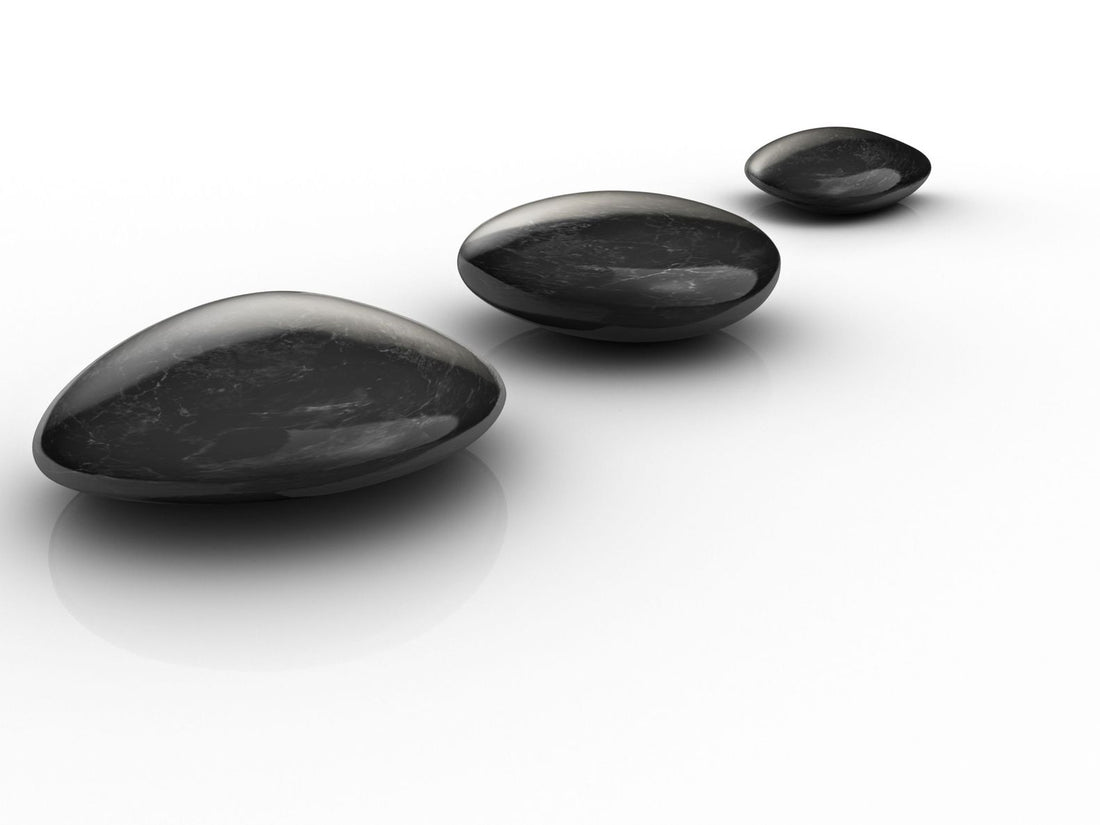
Mineral Supplements: Because We Can't Eat Rocks
Minerals help your body carry out its daily functions and processes in the most efficient and beneficial way possible. There is literally no bodily process, on either the cellular or systemic level, that can operate at its best, or even continue to operate efficiently for that matter, without the right amounts of minerals.
They are THAT critical to your body’s daily functioning.
If your body doesn’t get enough, or gets too much, of any of the critical nutrients, you increase your risk of disease or other medical problems. For this reason, minerals can have a significant impact on blood pressure, weight management, cancer prevention, depression, pain, PMS and digestion, to name a few.
Sodium, potassium, phosphorus, magnesium, sulfur and calcium are minerals we are probably more familiar with. But it’s the TRACE minerals (and ionic trace minerals) that help our body perform at its best.
And there are a number of factors that contribute to your body not getting enough of these minerals:
- Poor diet
- Where you live
- Pregnancey
- Surgery
While it is rare to encounter severe trace mineral deficiency in the Western World, mild to moderate deficiencies are common and may lead to general often less clearly recognized symptoms such as fatigue, slow metabolism, decreased immune system, and decreased mental capacities.
What are the trace minerals that the government has highlighted as ‘essential’ minerals needed by the body to perform its tasks? Iron, chromium, copper, iodine, manganese, molybdenum, phosphorus and selenium.
Here are the Recommended Daily Intakes for the most important trace minerals ( from the National Institutes of Health):
- Chromium – 25 mcg for women and 35 mcg for men
- Copper – 900 mcg for both men and women
- Iodine – 150 mcg for both men and women
- Iron – 18 mg for women and 8 mg for men
- Manganese – 1.8 mg for women and 2.3 mg for men
- Molybdenum – 45 mcg for women and men
- Selenium – 55 mcg for both women and men
- Zinc – 8 mg for women and 11 mg for men
Although a healthy diet does usually provide adequate trace minerals in the body, it is notable that strict vegetarian diets, strenuous exercise, pregnancy, gastrointestinal diseases and malabsorption issues can all contribute to trace mineral deficiencies.
